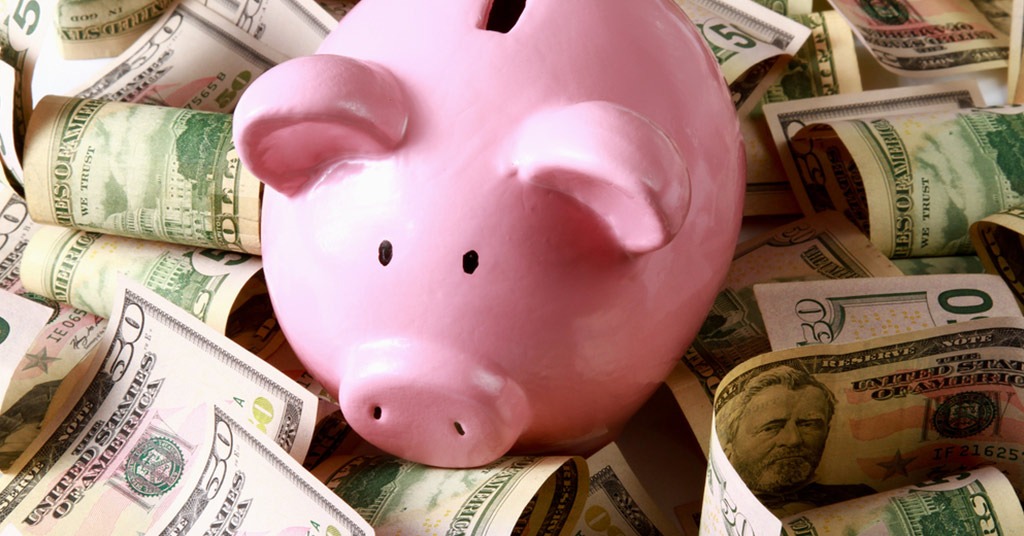
Samantha Waites
Web outreach
The government-mandated shutdown of most businesses in response to the Chinese coronavirus was not just unprecedented. It also threw billions into sudden financial distress. A massive percentage of the population found itself unemployed, while many struggled to get unemployment benefits or government loans. Yet they still faced utility bills, rent and mortgage payments, and the need to buy food and other essentials. Let’s look at some of the options available to those who find themselves in dire financial straits.
Installment loans online
Perhaps the simplest and certainly the fastest option is to take out an installment loan online. Instead, they allow you to shop various lenders to find an installment loan available. You could compare lenders by interest rates or repayment terms. Installment loans are an option for raising money you need now to pay bills and will pay back with an unemployment check, money promised by family, or late paychecks you are owed.
Selling items

You can list items available for sale online. Source: shutterstock.com
This is a limited option in the best of times. It depends on you having items you can sell in the first place that are worth the effort to sell. Think jewelry, barely used luxury items and electronics. Garage sales are not an option in many areas. Consignment shops are often closed or simply not accepting new inventory due to the liability risk. You can list items available for sale online, but you’re competing with millions of people forced to do the same thing. This inflates the supply while the demand for such items has dropped. After all, very few people have disposable income. This means they may buy part of your toilet paper hoard or used baby clothes, but relatively few will pay last year’s market rate for a used bike.
Take an odd job
The gig economy is flooded by the newly unemployed. This is increasing the labor supply while demand for their services is flat in most areas. For example, demand for ride-sharing services has collapsed, though many have moved into food delivery instead. Demand for rented property has fallen unless you’re catering to people fleeing the city. Yet you can’t afford to have them living in your home, so this is only practical if you’re renting out a vacation home or unsold former residence. There’s little point in offering to babysit or walk dogs, since so many people are home and can do it themselves. You could still get paid to do yardwork, but this requires finding clients and having the equipment to do it.
Start digging around for found money
We’re not talking about the change you found in the dryer lint trap, though depositing that swear jar full of coins could pay to fill up your gas tank. List every unpaid personal loan and ask others to pay you for it. If they don’t have money, are there items they could give up or work they could do to help you? Find out if there are utility deposits or rental deposits that are owed to you. That may offset this month’s utility bills. Research every major purchase you’ve made, and make sure there aren’t rebates you’re owed. Running receipts through cashback/rebate apps might give you enough money to pay for dinner out. Selling cryptocurrency at today’s prices will not yield as much as you’d get at the peak of the market, but it may let you pay for essentials without going into debt.
The upside of this approach is that it is free money. It is yours, and you don’t have to pay it back. The downside is the amount of work involved. It may turn out to pay less than minimum wage, and you’d have been better off flipping burgers at the drive-through. Furthermore, it is only an option if you’ve been lax with money in the past. If you’ve been on top of your financial situation, you don’t have an unpaid 300 dollar utility deposit you’re owed.
Tap into your savings

Tap into your savings. Source: shutterstock.com
This is an option only if you have savings. Ideally, we’d all have a three to six month emergency fund to pay all our essential bills while we’re searching for a job. (The average person takes three to four months to find a new, equivalent job during normal times.) Unfortunately, surveys have found that half of the adults couldn’t pay an unexpected 500 dollar bill without relying in part on debt.
Tapping into your savings can take other forms. Draining a tax-advantaged retirement account will eventually create a tax bill. However, you can use the money today to pay essential bills. The solution is to set aside the funds for the tax bill to make sure you don’t have to borrow to satisfy the IRS later. Tapping into your home’s equity is another possibility. This could take the form of a home equity line of credit or a second mortgage that gives you cash upfront. The benefit of this approach is a low interest rate. The problem is that it is only an option if you own your home and have enough equity in the property to borrow. In many areas, you must have at least 20 percent equity in the property to be allowed to pull cash from your home.
Refinance your current debts
This requires an investment of time. Depending on the debt, it may demand fees, as well. However, refinancing your home and car note could give you extra money each month, allowing you to pay your existing obligations. Rolling over debt to a lower interest credit card can give you a similar breathing room.
Note that this is generally only an option if you have good credit or are on good terms with your lender. Creditors may allow you to refinance a car or home loan to avoid repossession, especially during a major crisis. Pausing student loan payments will add to the final balance but free up cash for essential bills today. Refinancing payday loans into an installment loan may stop the worst creditors from breathing down your neck, and it may be a necessity if you don’t have a paycheck anymore.
The downside of this approach is that it will only reduce a few of your bills, and not every creditor will negotiate with you. Others will simply demand whatever payment you can make and tack late fees onto the total balance.
SEE ALSO:









